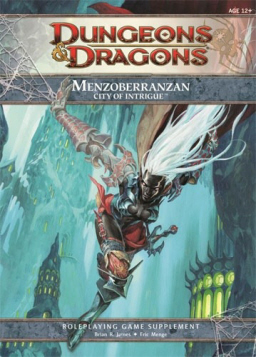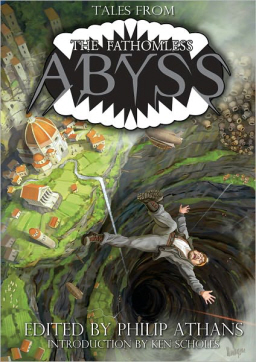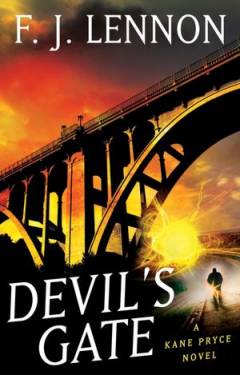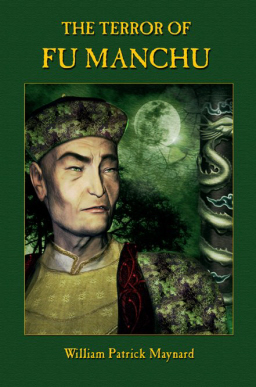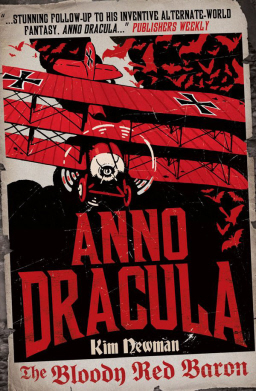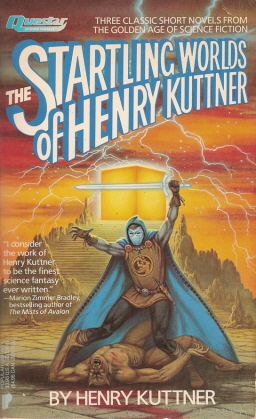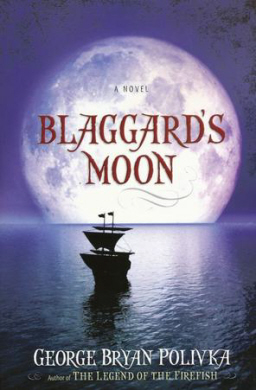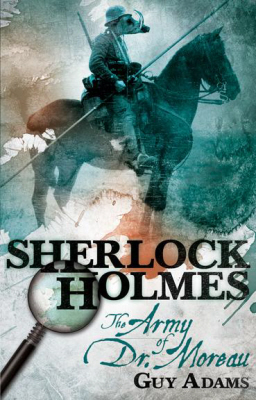The Bones of the Old Ones Inches Closer to December Publication Date
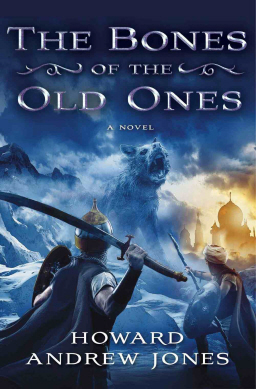 This week the most exciting item to arrive at the Black Gate rooftop headquarters, bar none, was the Advance Reading Copy of Howard Andrew Jones’s The Bones of the Old Ones, the sequel to his breakout fantasy novel, The Desert of Souls.
This week the most exciting item to arrive at the Black Gate rooftop headquarters, bar none, was the Advance Reading Copy of Howard Andrew Jones’s The Bones of the Old Ones, the sequel to his breakout fantasy novel, The Desert of Souls.
I read The Bones of the Old Ones the instant I could get my hands on it, and it was everything I hoped it would be. A rollicking adventure that follows our heroes Dabir and Asim in a daring quest across the landscape of 8th Century Arabia, Bones is packed with ancient secrets, underground lairs, dread pacts, mysterious sorcery, desperate heroism, and moments of laugh-out-loud humor. The cast is much larger than The Desert of Souls, and the stakes are higher, as Dabir and Asim race against time to prevent an ancient sorcerous cabal from plunging the world into eternal winter:
Combining the masterful fantasy of Robert E . Howard with the high-speed action of Bernard Cornwell, Howard Andrew Jones breathes new life into the glittering tradition of sword-and-sorcery with the latest tale of Dabir and Asim’s adventures. As a snowfall blankets 8th century Mosul, a Persian noblewoman arrives at the home of the scholar Dabir and his friend the swordsman Captain Asim. Najya has escaped from a dangerous cabal that has ensorcelled her to track down ancient magical tools of tremendous power, the bones of the old ones.
To stop the cabal and save Najya, Dabir and Asim venture into the worst winter in human memory, hunted by a shape-changing assassin. The stalwart Asim is drawn irresistibly toward the beautiful Persian even as Dabir realizes she may be far more dangerous a threat than anyone who pursues them, for her enchantment worsens with the winter. As their opposition grows, Dabir and Asim have no choice but to ally with their deadliest enemy, the treacherous Greek necromancer, Lydia. But even if they can trust one another long enough to escape their foes, it may be too late for Najya, whose soul is bound up with a vengeful spirit intent on sheathing the world in ice for a thousand years…
The Bones of the Old Ones will be released in hardcover and eBook by Thomas Dunne Books on December 11. It is 307 pages of non-stop action for $24.99 ($12.99 digital), and gets my highest recommendation. Place your advance order now.
